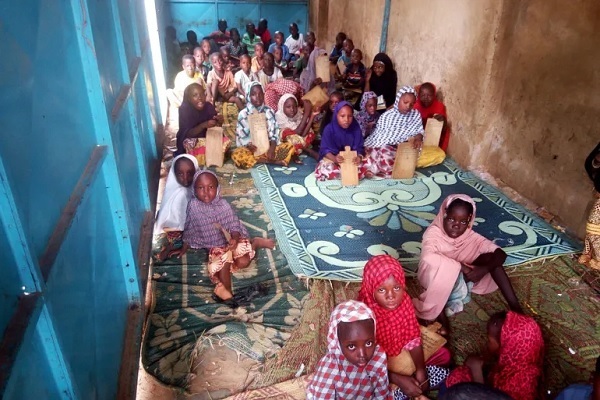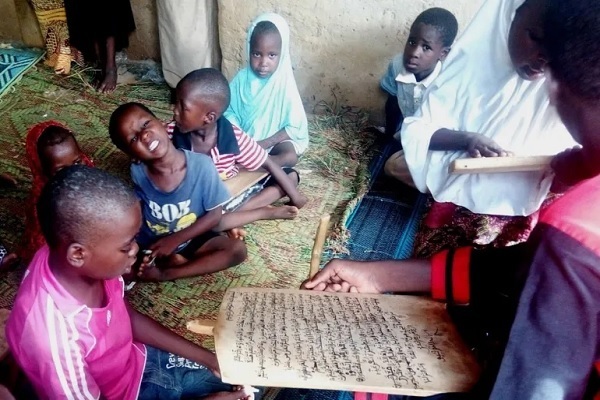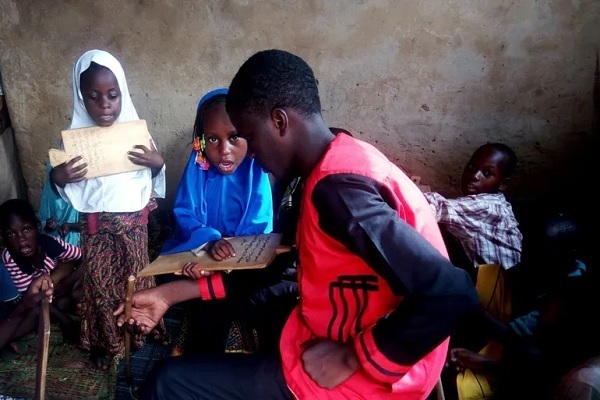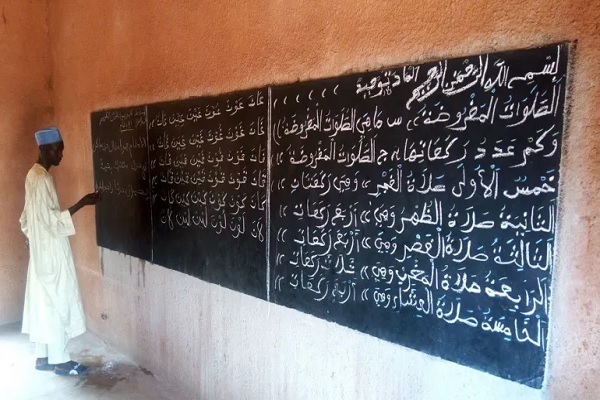Maktabs Serve as Symbol of Quranic Identity in Niger

Many Muslim families continue to send their children to these schools before they are old enough to enroll in regular schools.
Maktabs in Niger serve as a symbol of Muslims’ Quranic identity.
Fatimah Ahmed, an education expert in Niami, the capital of Niger, recently talked to Al Jazeera about Maktabs in the African country.
She said Caliph Otham bin Fudiu was the first to establish such schools for memorization of the Holy Book and study of Quranic sciences.
The number of these schools and their teachers and students was on the rise until the early 20th century.
At that time, the French colonizers began attempting to eliminate the traditional Quran schools, history shows, she stated.

They even resorted to killing scholars and Quran teachers and burning Maktabs and books, Fatimah Ahmed said.
Many scholars stood up against the colonizers’ attempts at eliminating maktabs and some of them were martyred on this path, according to her.
She said that despite the attempts by the French, many Maktabs remained active in Niger.

Today, there are hundreds of Maktabs in Niami, some of which are known in the local language as Makaranta, she said.
Read More:
The Makaranta differ from the traditional Maktabs in that they are boarding schools and the students have to pay fees, Fatimah Ahmed noted.
Currently, there are some 50 Makaranta and more than 500 traditional Maktabs in the country, she went on to say.
While government bodies do not provide any support for Maktabs, some wealthy Muslims and charity institutions of other Muslim countries give donations to these schools.

The Republic of the Niger is a landlocked country in West Africa.
Islam in Niger accounts for the vast majority of the nation’s religious adherents.
Read More:
The faith is practiced by at least 99% of the population.
Most of them are Sunni Muslims and there is also a Shia minority population.
4241966



